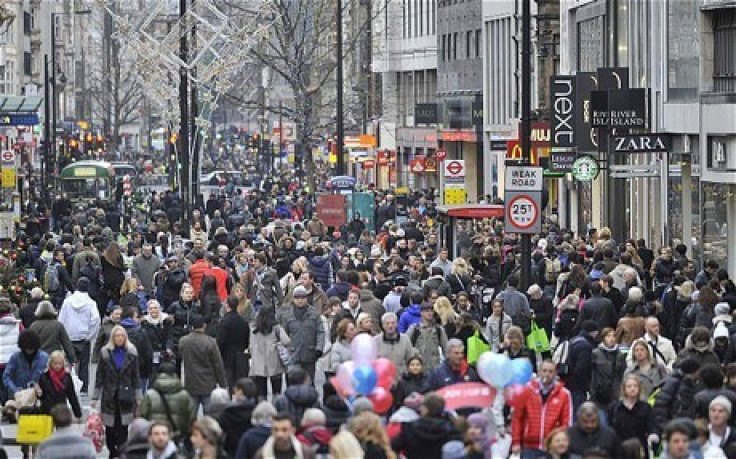UK Inflation Holds at 2.7% for Fourth Consecutive Month

UK inflation remained at 2.7 percent for the fourth consecutive month in January, according to the Office for National Statistics, the longest ever period that consumer price index growth has remained unchanged.
Rising alcohol and air fare prices were the biggest upward pressures on the headline figure, with clothing and miscellaneous goods providing the most significant downward push.
The monthly figures showed a -0.5 percent slowdown in overall consumer prices when compared to December.
Booze prices rose by 4.3 percent across the month from December to January, while air fares did not fall as fast as they normally do in January.
"This upwards push was partially counterbalanced by downward pressures from the majority of the remainder of the transport sector - notably car sales and motor fuels," said the ONS.
Clothing and footwear prices were down 5.4 percent.
Bank of England forecasts show inflation reaching its 2 percent target towards the end of 2013, though volatile global commodity prices have complicated efforts to bring the CPI number down in recent months.
A new set of forecasts will be released by the central bank on February 13 and could show inflation taking even longer to fall to target than previously thought.
The £375bn quantitative easing (QE) programme, which sees the Bank of England buying up gilts in order to improve liquidity in the markets and bring down yields on UK sovereign debt, may have also played a role in underpinning prices.
An extra £50bn of stimulus via QE is expected by many economists in the coming months.
Incoming governor Mark Carney, who is due to take over from Mervyn King in June, has indicated that he will keep monetary policy loose and that further QE under his tenure is likely.
© Copyright IBTimes 2024. All rights reserved.






